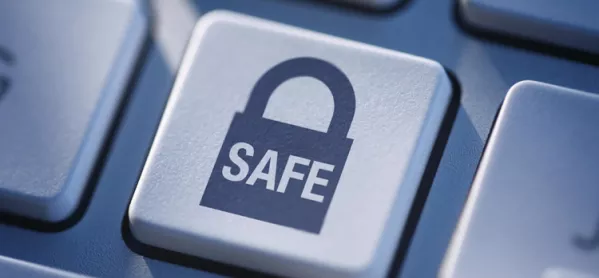Parental engagement has frequently been mentioned in the context of improving learning or raising pupil attainment. However, with the rapid development of technology and young people’s active engagement with the digital world, we now need to put more emphasis on engaging parents to support and enhance the pastoral care of our young people.
Schools have policies and clearly defined rules in order to manage the use of technology within the school walls. We can observe different approaches being used by different schools: some have banned mobile devices completely, while others use portable devices as learning tools highlighting the importance of educating young people to use mobile technology responsibly.
Research conducted in this area provides us with contradictory conclusions. A project carried out by Louis-Philippe Beland and Richard Murphy at Birmingham, London, Leicester and Manchester schools showed that “following a ban on phone use, student test scores improve by 6.41 per cent of a standard deviation”. However, the researchers stress that “there are no significant gains in student performance if a ban is not widely complied with”. At the same time, a report written by Stanford professors Linda Darling-Ham and Shelley Goldman, together with a doctoral student Molly B Zielezinski, found that technology - when implemented properly - can produce significant gains in student achievement and boost engagement.
However, the digital debate related to pupils’ wellbeing is now taking a different direction.
Digital wellbeing
Are we taking on more and more parental responsibilities when it comes to the digital wellbeing of our young people? Who is responsible for instilling values and educating children about healthy and unhealthy relationships, about looking after their own wellbeing? Has the balance shifted in the last few years? Should a school be giving 700 alarm clocks to their pupils in an attempt to ensure that they put their mobile phones away and get a good night’s sleep? What happens when eSafety incidents occur outside the school walls in the comfort of pupils’ homes when they are in their parents’ care?
One of the issues, of course, is that often parents won’t know that an incident has occurred until a pastoral leader dealing with an incident brought to their attention by a pupil, makes the phone call to the parents.
The DfE’s statutory guidance, “Keeping Children Safe in Education”, clearly states that “all school and college staff have a responsibility to provide a safe environment in which children can learn,” that it is our duty ‘‘to safeguard children’s well-being”. However, the digital world is limitless, it is everywhere: it encroaches on our privacy and trespasses on our personal lives.
As a school, we can manage and temporarily restrict access to the digital world, however, can we be responsible for what happens after the bell goes to mark the end of the school day? Should parents be taking on a more proactive role when it comes to the pastoral care of their children? Are they providing the much needed emotional and spiritual support at home to help their children to navigate safely with dignity and integrity through the risks and dangers of the digital world? Have they taken time to speak to their children and find out about their online habits, are they aware of what risks their children are willing to take online?
Parents overwhelmed
The reality is that we have no choice but to deal with eSafety incidents irrespectively of when they happen to ensure that the problem is resolved as quickly and efficiently as possible and pupils involved can benefit from a safe learning environment where their wellbeing is protected.
Parents can often feel overwhelmed by the digital world, accepting that their children can be more technology savvy and possess better technical knowledge.
However, they should be reminded that their children are still children and they are still adults with a wealth of life experiences and knowledge. As parents, they need to keep on learning and evolving. Being a digital parent is one of the responsibilities they need to take on in order to fulfil their parenting duties in this digital age.
Schools’ pastoral systems are stretched and challenged with huge volumes of issues coming to the surface every single day. It is more important than ever that we have open and honest pastoral dialogues with our parents to find ways to support each other for the ultimate benefit of children in our joint care.
Maria O’Neill is the founder @UKPastoralChat, advanced skills teacher, eSafety co-ordinator and head of PSHE
Want to keep up with the latest education news and opinion? Follow Tes on Twitter and Instagram, and like Tes on Facebook

